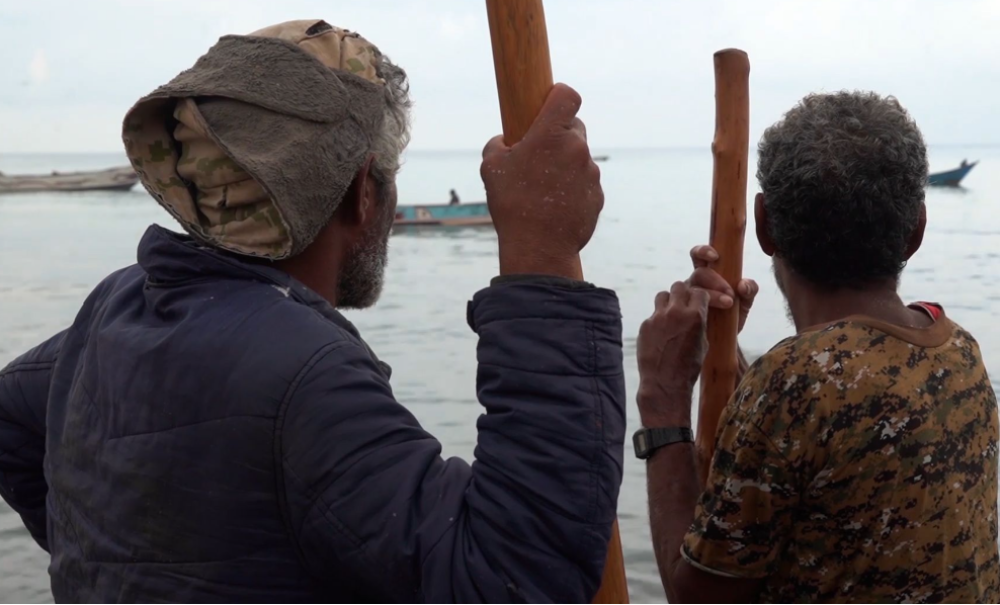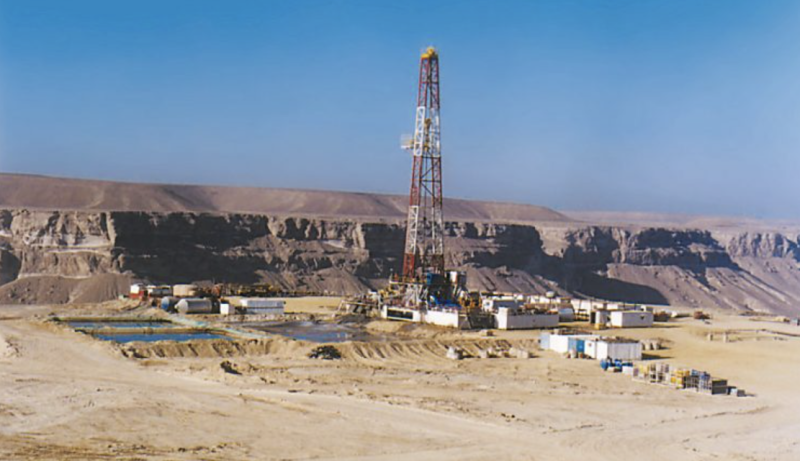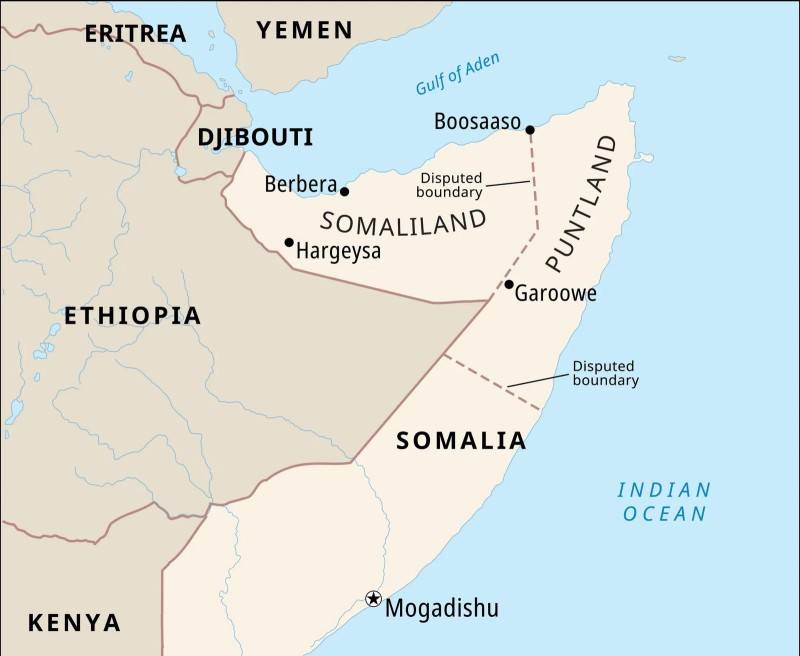Red Sea attacks depriving Yemeni fishermen of their livelihood


Ramzy Yusr has been fishing in the Red Sea off Yemen's western coast since he can remember. The sea was his livelihood until war broke out more than 2,000km away in Gaza and turned his life upside-down.
Like about 10,000 other fishermen in the city of Khokha and elsewhere along the coast of Hodeidah province, Mr Yusr has not been able to work properly since November, when Yemen's Iran-backed Houthi militants began attacking commercial ships passing through the Red Sea as a response to Israel’s war in Gaza.
“Owners of small boats like me can no longer put food on the table,” Mr Yusr, 35, told The National in a telephone interview.
Yemenis have struggled economically since civil war broke out in 2014 with the Houthi takeover of the capital Sanaa but fishermen in Hodeidah, which is under Houthi control, say they have been especially hard hit since December 18, when the US launched an international maritime task force to defend shipping in the Red Sea and Gulf of Aden from Houthi attacks.
While most of the attacks carried out by the Houthis have involved drones and missiles launched from areas under their control, several ships have also reported being approached by "suspicious" boats.
In late December, the US military said helicopters from two of its warships shot at and sank three “Iranian-backed Houthi small boats” that reportedly approached and opened fire at a commercial vessel.
"Since the military escalation began, we’ve been prohibited from sailing to areas with abundant fish," Mr Yusr said. "We can fish only a short distance from the shore, where fish are scarce.”
Mr Yusr says his small boat cost him 4 million Yemeni riyals (about $16,000 at current official rates). Now, on a good day, he earns about 3,000 riyals, nowhere near what he needs to support his wife and three children.
“Fishermen like me have no means of income but the sea. If we stay at home, we will die of hunger."
Sally Adeeb, director of the research and studies at Mwatana for Human Rights, an NGO based in Sanaa, said the fishermen's troubles began with the outbreak of the civil war almost a decade ago but these have been exacerbated by the international response to the Houthi attacks on shipping.
“Fishermen have faced threats and risks, including gunfire directed at their boats in Yemeni and international waters by warships belonging to the US-led task force in the Red Sea," she said.
"These operations have led to the suspension of fishing activities, with fishermen returning home fearing for their lives.”
The situation has forced some owners of larger fishing boats to relocate to safer waters along Yemen's southern coast in Hadhramaut and Al Mahra provinces, said Yousef Al Ghalisi, a human rights advocate and former spokesman of the city council in Khokha.
He said it was difficult to gauge how many fishermen had been forced to move due to the continuing conflict.
One of those who made the move to the government-controlled eastern provinces is Mohammed Nasser, who owns a larger fishing boat requiring a crew of 10 to 15.
Mr Nasser said he had no choice but to leave Hodeidah in early December and resettle with his family in Al Mahra.
"In Hodeidah, the sea has turned into a source of horror, not livelihood,” he said. “We are prohibited from most fishing zones. I was unable to cover the labour costs of my crew. Moving to Al Mahra was my only option.”

The Arab League, the Muslim World League, and several Arab and Islamic countries have called for an immediate halt to military escalation in Yemen,…

Hargeisa -- In the first international recognition since it declared independence from Somalia in 1991, Israeli Prime Minister Benjamin Netanyahu a…

In his first Christmas address titled Urbi et Orbi, Pope Leo XIV called on the world to embrace responsibility as the surest path to achieving peac…